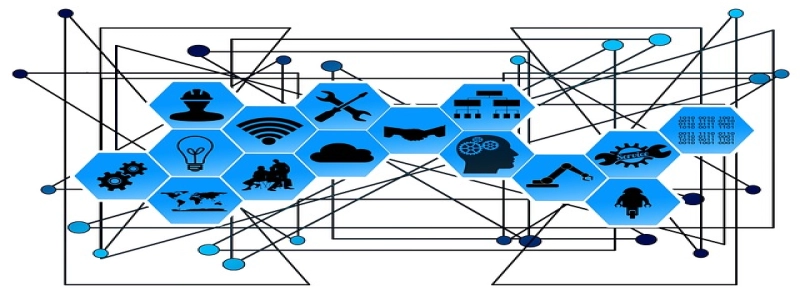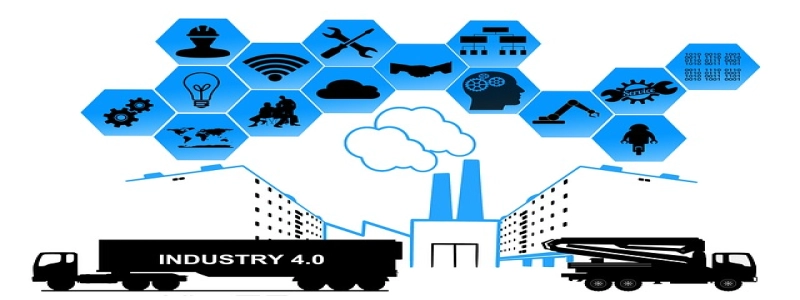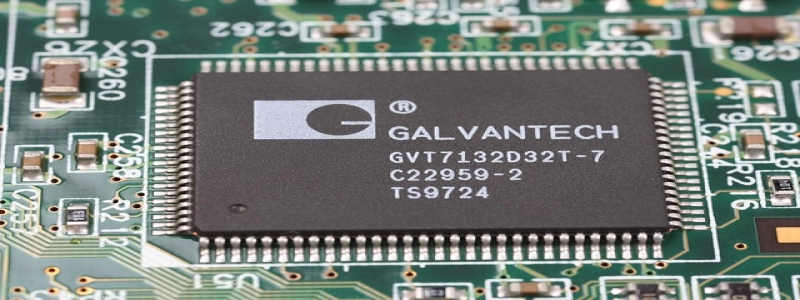Modbus TCP/IP Ethernet
1. Въведение
Modbus TCP/IP Ethernet is a popular communication protocol used in industrial automation systems. It allows devices to communicate over a TCP/IP network, enabling efficient and reliable data exchange between different components of a automation system. In this article, we will dive into the details of Modbus TCP/IP Ethernet and explore its key features and advantages.
2. What is Modbus TCP/IP Ethernet?
Modbus TCP/IP Ethernet is an implementation of the Modbus protocol over a TCP/IP network. The original Modbus protocol was developed in the late 1970s and was initially designed to facilitate communication between programmable logic controllers (PLCs) and other devices. Modbus TCP/IP Ethernet extends the Modbus protocol by allowing it to be used over an Ethernet network. This enables devices to communicate faster and over longer distances compared to the traditional serial-based Modbus protocol.
3. Key Features of Modbus TCP/IP Ethernet
3.1. TCP/IP Connectivity: Modbus TCP/IP Ethernet leverages the widely adopted TCP/IP protocol suite, making it compatible with existing Ethernet networks. It allows devices to communicate over standard Ethernet connections, enabling seamless integration into existing automation systems.
3.2. Scalability: Modbus TCP/IP Ethernet supports a large number of devices and can be easily expanded as the automation system grows. With TCP/IP being a widely supported protocol, devices from different manufacturers can be easily added to the network.
3.3. Fast Data Transmission: By utilizing Ethernet networks, Modbus TCP/IP Ethernet offers fast and efficient data transmission. It allows for high-speed communication between devices, ensuring real-time data exchange, response, and control.
3.4. Reliability and Error Checking: Modbus TCP/IP Ethernet includes built-in error checking mechanisms to ensure data integrity during transmission. It uses checksums to verify the accuracy of data and retransmission in case of any errors.
4. Advantages of Modbus TCP/IP Ethernet
4.1. Wide Support: Modbus TCP/IP Ethernet is widely supported by various manufacturers in the automation industry. This ensures compatibility between different devices and simplifies system integration.
4.2. Cost-effective: Since Modbus TCP/IP Ethernet utilizes existing Ethernet networks, additional infrastructure costs are minimal. It allows for easy and cost-effective deployment of communication networks in automation systems.
4.3. Flexibility: Modbus TCP/IP Ethernet can be used in both wired and wireless environments. This provides flexibility in the deployment of automation systems, allowing for efficient communication even in remote or hard-to-access areas.
4.4. Compatibility: Modbus TCP/IP Ethernet is compatible with other Modbus protocols, such as Modbus RTU (serial-based). This allows for easy integration with legacy systems and devices that still use the serial Modbus protocol.
5. Заключение
Modbus TCP/IP Ethernet is an essential communication protocol in industrial automation systems. Its advantages, such as scalability, fast data transmission, and compatibility, make it a preferred choice among system integrators and device manufacturers. By leveraging existing Ethernet infrastructure, Modbus TCP/IP Ethernet enables efficient and cost-effective communication between devices, ensuring seamless integration in automation networks.








